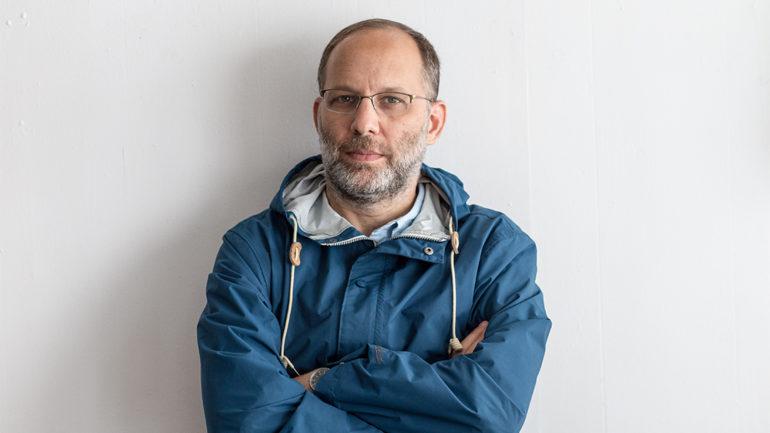‘Frankie’ Filmmaker Ira Sachs Reflects on Being ‘Truly Independent’
By Brent Lang
LOS ANGELES (Variety.com) – Ira Sachs has chronicled the lives, loves, tragedies, and triumphs of New Yorkers in “Love is Strange” and “Little Men.” But in “Frankie,” his upcoming drama about three generations of a family, he leaves the Big Apple behind to shoot in the mountainside town of Sintra, Portugal. The film stars a truly global cast, including Marisa Tomei, Greg Kinnear, Brendan Gleeson, and Isabelle Huppert. Sony Classics has already picked up the drama. It also marks his first time premiering a movie at the Cannes Film Festival.
“Frankie” takes place in Portugal. That seems like a departure from your recent films, which are such New York City stories.
It’s certainly set in a different location, but the focus and interests around relationships and intimacy are very similar. European cinema has always been the most significant to me as a guiding post, so it was wonderful to be working in that community.
How does it feel to have a film in Cannes?
I went to Cannes when I was in my 20s and 30s trying to hustle money for my work and so it’s a place that I remember being in a state of wanting. To return with a film feels like a dramatic moment. In some ways when you’re older it’s different than when you’re young. I know and like myself. I’m less dependent on external validation. And there’s a sense, with this my seventh feature, that I have a sustainable future, which I didn’t feel even six years ago.
You really thought that you wouldn’t be able to continue making films?
I was affected by the recession like every other independent filmmaker. In 2008, I was working on a film that I wrote with Oren Moverman. We had a wonderful cast and we couldn’t get financed. I realized the industry had no need or desire for my work economically. I had to reinvent myself at that point.
So what did you do?
I became a truly independent filmmaker. I was all privately funded and communally funded. I relaunched my career in a way that was more self-driven, more modeled off Cassavetes. I think that’s where the industry has taken us — for a sustainable career within independent features you might need to reconsider your relationship to capitalism and the industry.
It seems like many filmmakers are finding more opportunities on the small screen. Would you work in television?
I worked for two years between ‘Love is Strange’ and ‘Little Men’ writing two projects for television, neither of which got made and it was an interesting experience that I wouldn’t do again. I’m too old to make the changes that were asked for by executives — my agent is not going to like hearing this, but it’s really true.
Where do you fall on the Netflix of things. Do you prefer having a traditional theatrical release?
The fact that ‘Little Men’ went out in a traditional theatrical fashion and was picked up in France and went to a festival in France and won a prize here is directly connected to why I got funding for this film. If it had gone through Netflix that wouldn’t have been the case. It wouldn’t have had that life. It sort of disappears and it doesn’t go through a cultural conversation, which creates an identity.
One of the central characters in “Frankie” is terminally ill. Have you been thinking more about your own mortality?
My films reflect what I’ve been experiencing in the moment. In the last five years I’ve been close to illness and death. I grew up just after the worst years of the AIDS epidemic. I was not a gay man who saw all my peers dying. I didn’t have that intimacy with death until I was in my mid-40s and then I did. I lost a dear friend to breast cancer. I was very close to my paternal grandmother and was holding her hand when she died at 103. It was an experience that was utterly profound and utterly mundane.
What do you mean by that?
Life doesn’t stop for death. Life means humor and neurosis and conflict. It means petty concerns and deep concerns, but all those things are contained in opposition to this black and white issue of being alive and being dead. The film contains that same tension.

